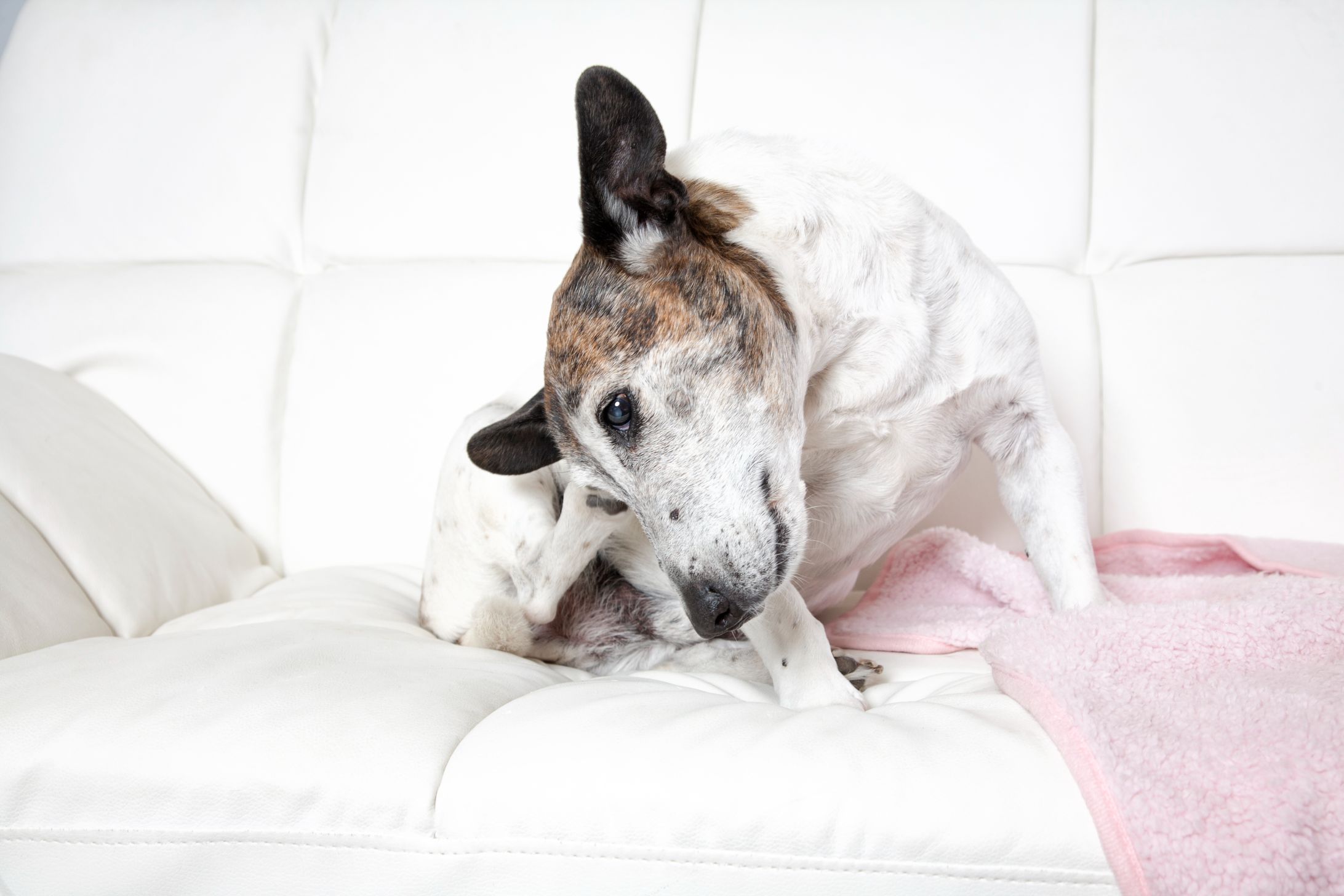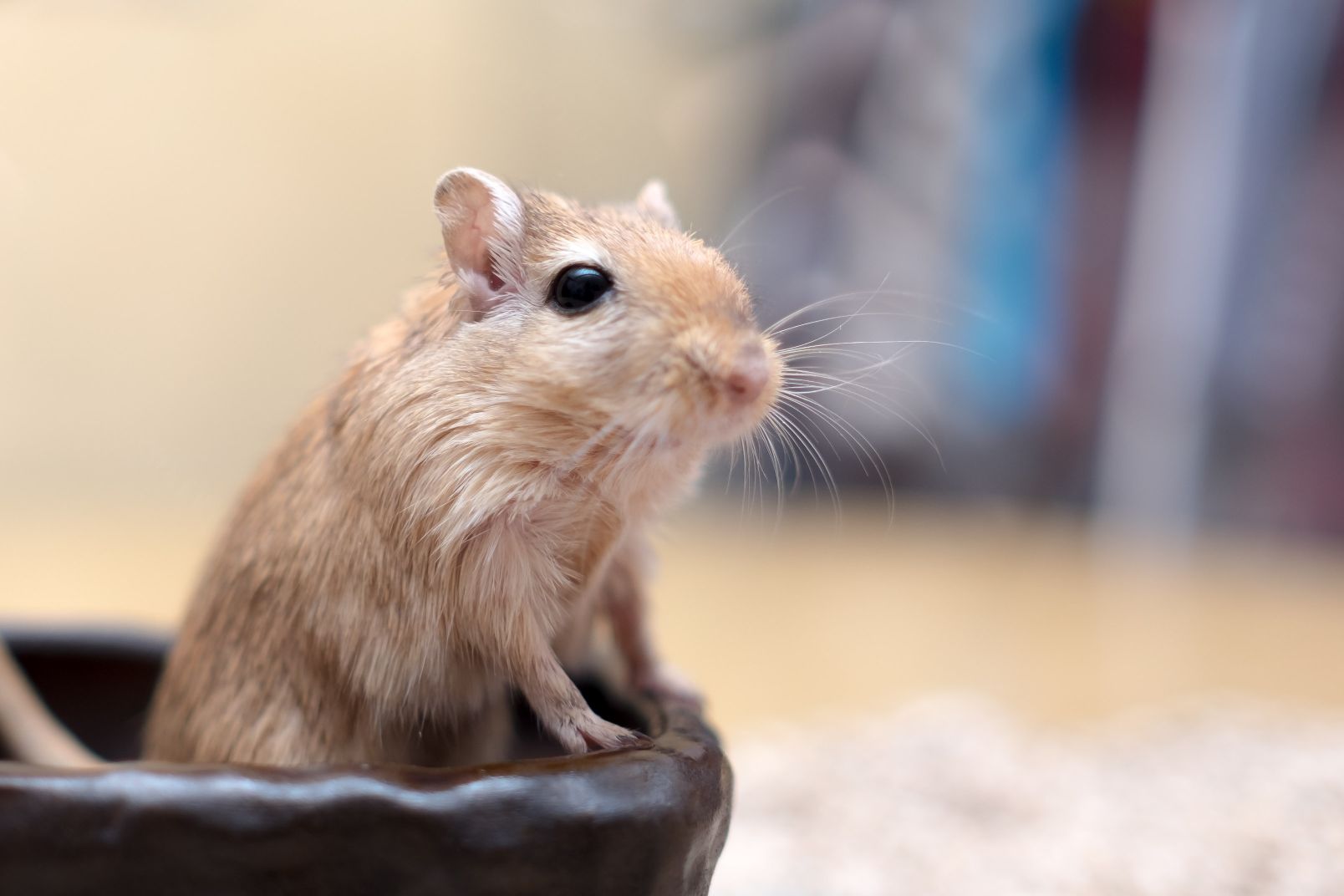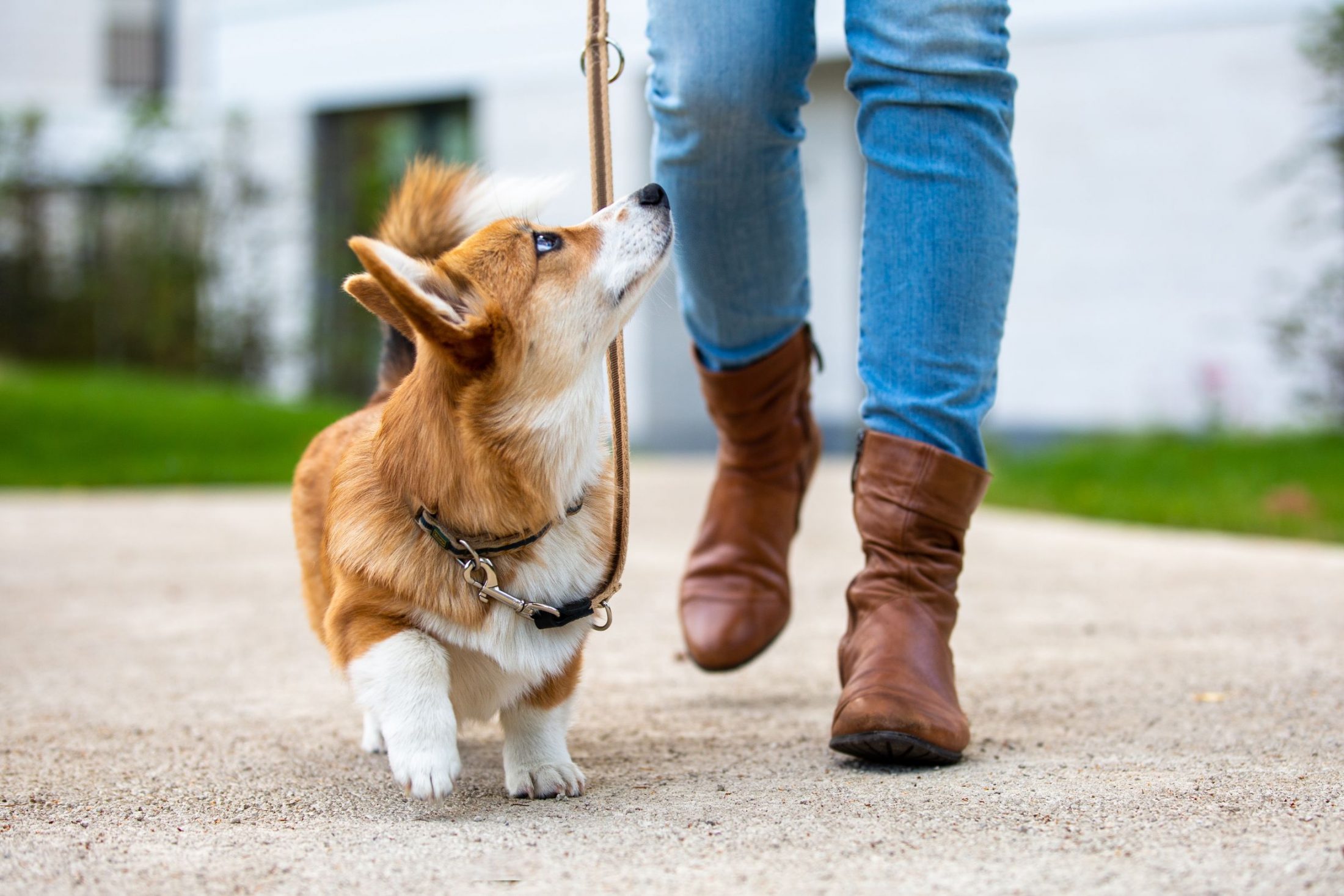 One of the most important aspects of raising a well-behaved, happy, and confident dog lies in effective dog socialization. It’s the key to how your pooch relates to other people and the world around him or her.
One of the most important aspects of raising a well-behaved, happy, and confident dog lies in effective dog socialization. It’s the key to how your pooch relates to other people and the world around him or her.
Dog socialization also ensures the safety of your dog and those he encounters. In fact, dogs who tend to have behavioural problems often have never been socialized or trained. Because socialization can be complex, we want to take a moment to answer common questions and address any confusion around this integral component of dog ownership.
The Basics of Dog Socialization
When it comes to socialization, it’s best to begin early. Puppies need to be exposed to other pets and people between 8-12 weeks old (and after they have been vaccinated).
This developmental window is the ideal time to introduce your puppy to new experiences to deter future behavioural problems, such as separation anxiety, resource guarding, and aggression.
Although it may be tempting to take a young pup to an open park or off leash area for training, it’s not recommended. It may expose your dog to illnesses and other aggressive pets. It’s also more difficult to control your dog when he or she is allowed to wander off leash.
Professional training classes are an effective way to combine positive obedience training with safe dog socialization. Should any problems arise, you will know the other dogs have been vaccinated, and you’ll have a professional trainer on hand for guidance.
Tips for Raising a Confident Dog
When it comes to your dog, confidence is built on socialization and by instilling trust in your canine companion.
Like children, young dogs depend on us for guidance and consistency. This includes the daily care routine and training on how to navigate new experiences. Whether it’s a trip to the veterinarian or an encounter with a stranger, consistency will reinforce what’s expected of your dog and helps dissuade common behavioural problems.
Positive reinforcement training and social skills can also be strengthened at home:
- Between the ages of 12-16 weeks, enroll your puppy in training classes that rely on positive training techniques within a group setting.
- Practice what you learn to reinforce these lessons and to grow more comfortable applying these techniques at home.
- Encourage other family members to attend training sessions to ensure consistency in how everyone interacts with your puppy.
- Crate training is a great way to start your dog off on the right paw. Ask the team at Summeridge Animal Clinic for help with this process.
- Once your pet is fully vaccinated, gradually introduce him or her to other well-behaved cats, dogs, and new people.
- Loose leash training is another great tactic for socialization. It allows you to maintain control while your pet experiences new sights, smells, and sounds that are important to positive behavioural development.
For more tips on proper dog socialization, please contact us. We can also recommend classes that are best suited to the needs of your furry friend.



